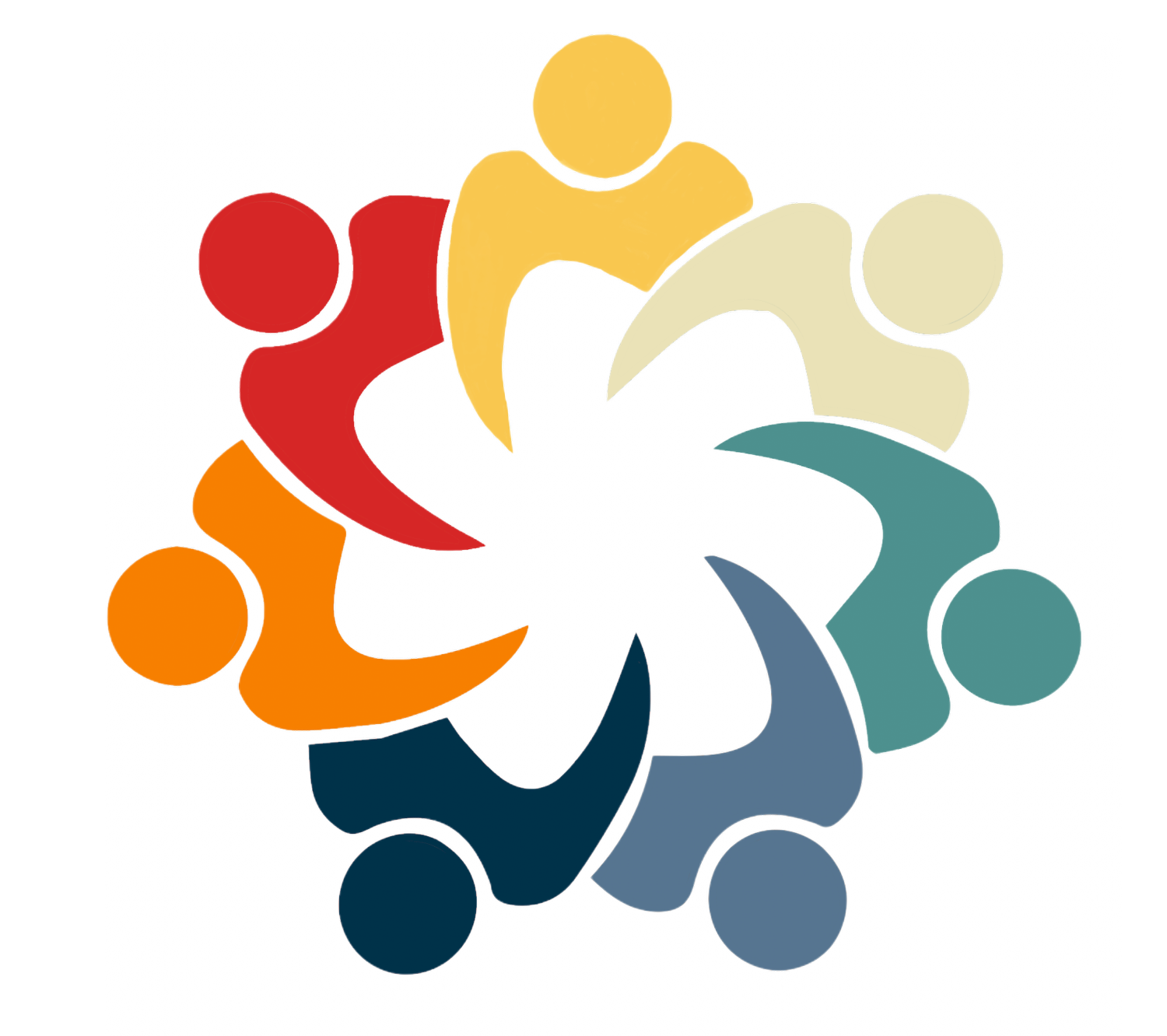Who We Are
In 2022, the Equity in Caregiving Project was established with a five-year grant from the National Institute of Health.
The mission of the Equity in Caregiving Project is to increase awareness of and improve processes for meaningful caregiver engagement for hospitalized persons with serious illness by amplifying caregiver stories, synergizing with policy advocates, and engaging community members in research and resource dissemination.
Our team consists of individuals from diverse backgrounds in the research spectrum.
The Equity in Caregiving Project
What are we doing?
Our team is conducting a study that aims to understand whether real-world caregiver stressors affects their ability to support loved ones when they are hospitalized, and whether caregiver ability to engage with the healthcare team affects patient outcomes.
We suspect that historical influences of residential segregation and structural racism, which influences where people live, their education and jobs, and health insurance access, will affect access to hospital-based care. We also suspect that it affects whether caregivers can get to the hospital, how far they have to travel to a hospital, and sometimes how they are treated in the hospital. Taken together, these contextual factors may impact individual-level health outcomes more than we may suspect.
Our federally funded project, which focuses on Massachusetts, attempts to document these stresses and use those insights to inform the development of policies to make things better.
Why are we doing this?
Anyone who has been sick or hospitalized knows how important it is to have someone in their corner and at their bedside. Such caregivers can be relatives, partners, friends and neighbors.
The estimated 66 million caregivers in the US are particularly critical for seriously ill patients in the hospital because they assist with complex decision making, care coordination and patient advocacy.
But, for many caregivers, engagement with the healthcare system can be hard. For example, many caregivers are basically working two jobs, by providing an average of 20 hours of caregiving a week while working a full-time job. As a result, up to 20% of caregivers retire early or quit their job, 22% exhaust short-term savings, 20% have late or unpaid bills, and 11% are unable to afford basic expenses like food.
Our research is asking:
How are INDIVIDUAL OUTCOMES in serious illness affected by SOCIETY-level factors -- like access to healthcare, neighborhood resources, housing and education?
How much are these contextual factors DIFFERENTIAL by race and ethnicity?
How does all of this interact with on-the-ground PRACTICES in hospitals and health care systems?



